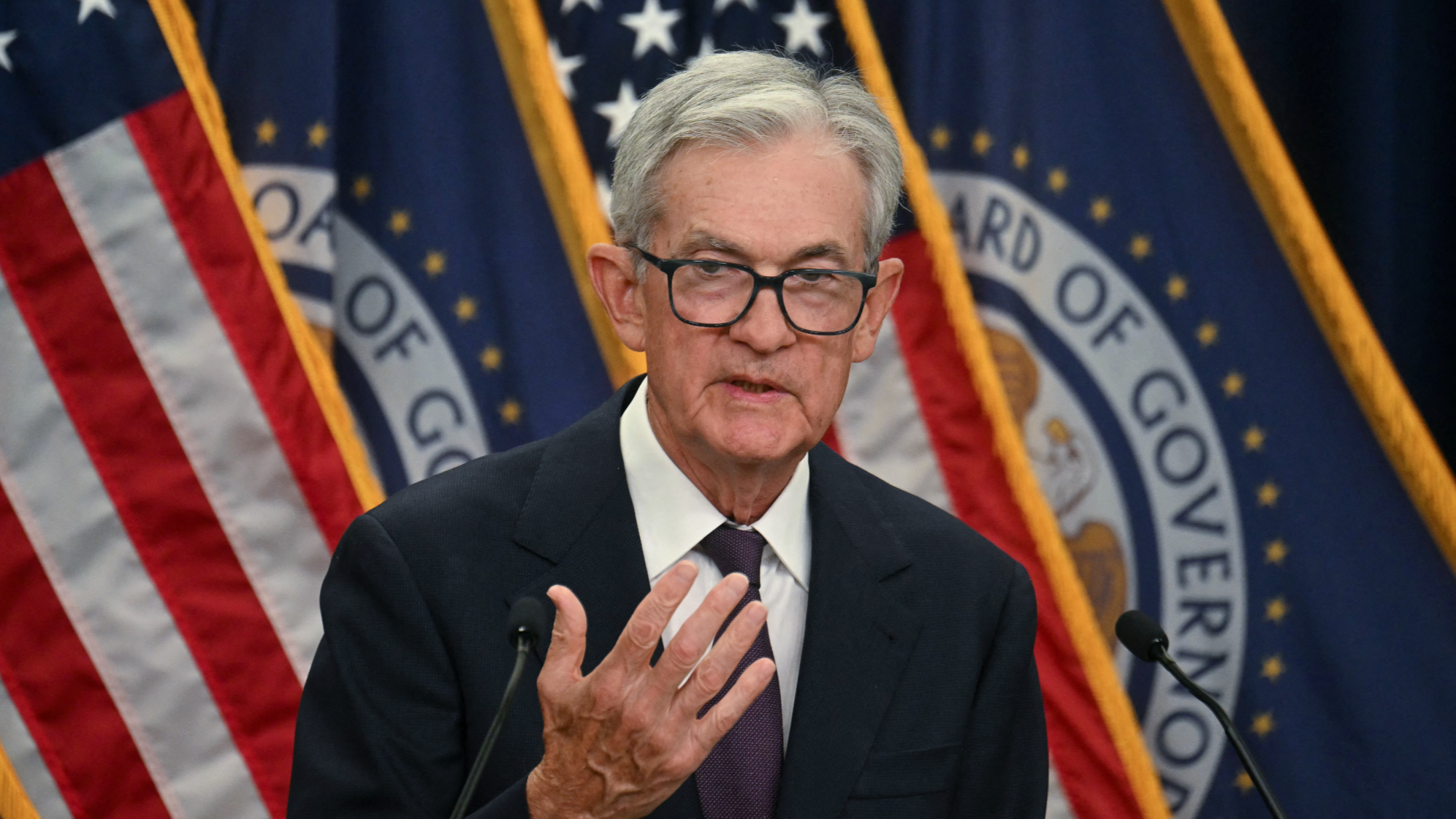
NEW YORK - US Federal Reserve Chairman Jerome Powell stressed Tuesday that the Fed's policy is not on a preset course, speaking at the Greater Providence Chamber of Commerce 2025 Economic Outlook Luncheon in Warwick, US state of Rhode Island.
"We will continue to determine the appropriate stance based on the incoming data, the evolving outlook, and the balance of risks," under the commitment to supporting maximum employment and bringing inflation sustainably to the 2 percent goal, said Powell.
Near-term risks to inflation are tilted to the upside, while risks to employment are to the downside, Powell said. "Two-sided risks mean that there is no risk-free path. If we ease too aggressively, we could leave the inflation job unfinished ... If we maintain restrictive policy too long, the labor market could soften unnecessarily," he said.
ALSO READ: Tracking Fed, HKMA cuts rate in move seen positive for economy
"Our framework calls for us to balance both sides of our dual mandate," he said, defending the Fed's 25 basis point rate cut at its meeting last week. "This policy stance, which I see as still modestly restrictive, leaves us well positioned to respond to potential economic developments."
The US economy is showing resilience in the midst of substantial changes in trade and immigration policies, as well as in fiscal, regulatory and geopolitical arenas, Powell said. But the overall economic effects of the significant changes remain to be seen, he said.
Powell stated that the tariff-related effects on inflation will be relatively short-lived, calling it a one-time shift in the price level. But a "one-time" increase does not mean "all at once," he said, adding that the increase in the price level will likely be spread over several quarters and show up as somewhat higher inflation during that period.
READ MORE: US Fed lowers interest rates, signals more cuts ahead; Miran dissents
The Federal Reserve at its Sept 17 meeting decided to lower the target range for the federal funds interest rate by 25 basis points to 4 to 4.25 percent, the first rate cut since December 2024.


